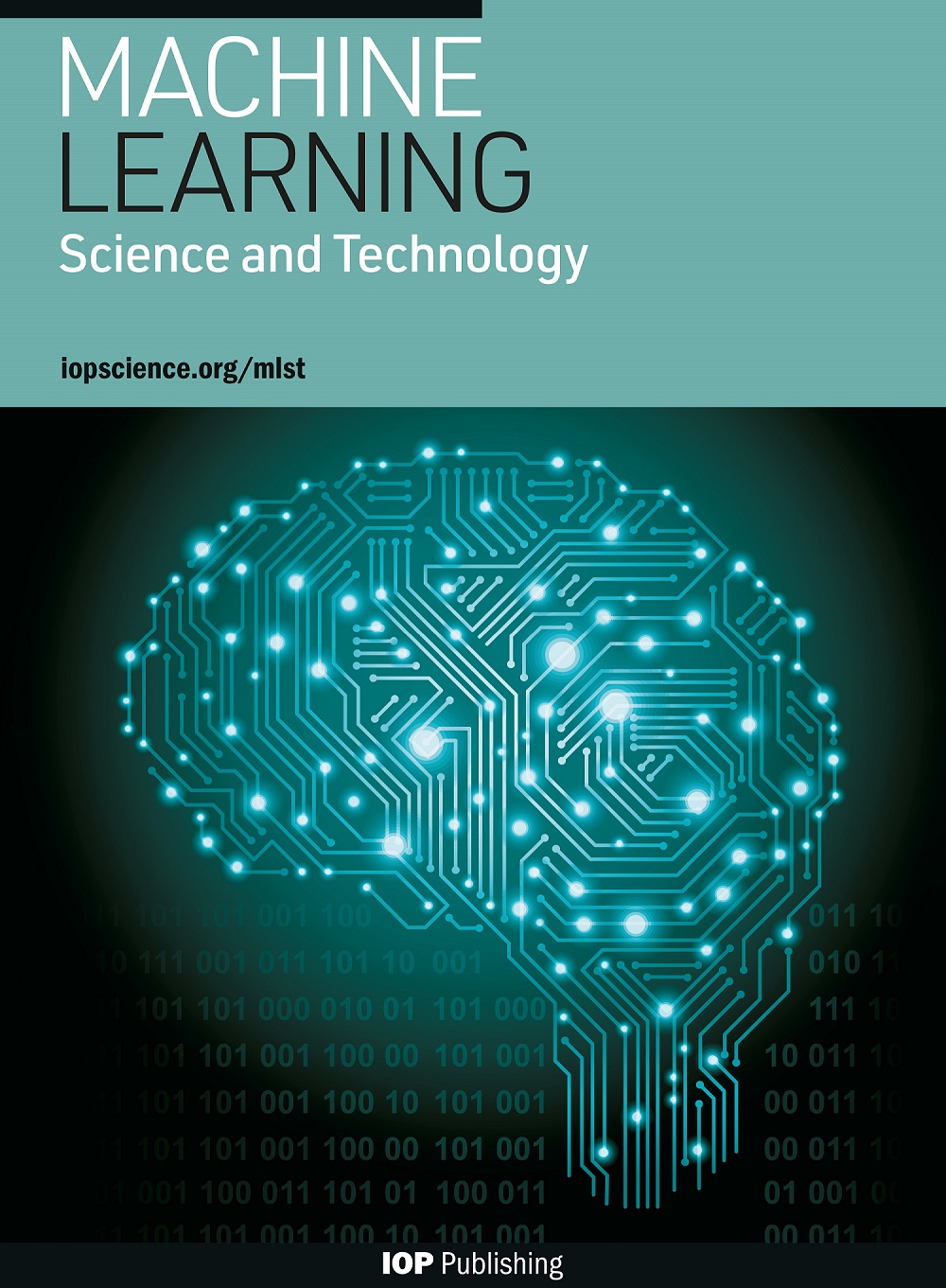Review and experimental benchmarking of machine learning algorithms for efficient optimization of cold atom experiments
IF 6.3
2区 物理与天体物理
Q1 COMPUTER SCIENCE, ARTIFICIAL INTELLIGENCE
引用次数: 0
Abstract
The generation of cold atom clouds is a complex process which involves the optimization of noisy data in high dimensional parameter spaces. Optimization can be challenging both in and especially outside of the lab due to lack of time, expertise, or access for lengthy manual optimization. In recent years, it was demonstrated that machine learning offers a solution since it can optimize high dimensional problems quickly, without knowledge of the experiment itself. In this paper we present results showing the benchmarking of nine different optimization techniques and implementations, alongside their ability to optimize a rubidium (Rb) cold atom experiment. The investigations are performed on a 3D 87Rb molasses with 10 and 18 adjustable parameters, respectively, where the atom number obtained by absorption imaging was chosen as the test problem. We further compare the best performing optimizers under different effective noise conditions by reducing the signal-to-noise ratio of the images via adapting the atomic vapor pressure in the 2D+ magneto-optical trap and the detection laser frequency stability.高效优化冷原子实验的机器学习算法回顾与实验基准测试
冷原子云的生成是一个复杂的过程,涉及对高维参数空间中的噪声数据进行优化。由于缺乏时间、专业知识或进行长时间人工优化的途径,在实验室内外进行优化都具有挑战性。近年来,有研究表明,机器学习提供了一种解决方案,因为它可以在不了解实验本身的情况下快速优化高维问题。在本文中,我们展示了九种不同优化技术和实现方法的基准测试结果,以及它们优化铷(Rb)冷原子实验的能力。研究是在一个 3D 87Rb molasses 上进行的,分别有 10 个和 18 个可调参数,通过吸收成像获得的原子数被选为测试问题。我们通过调整二维+磁光阱中的原子蒸汽压和探测激光频率的稳定性来降低图像的信噪比,从而进一步比较了不同有效噪声条件下性能最佳的优化器。
本文章由计算机程序翻译,如有差异,请以英文原文为准。
求助全文
约1分钟内获得全文
求助全文
来源期刊

Machine Learning Science and Technology
Computer Science-Artificial Intelligence
CiteScore
9.10
自引率
4.40%
发文量
86
审稿时长
5 weeks
期刊介绍:
Machine Learning Science and Technology is a multidisciplinary open access journal that bridges the application of machine learning across the sciences with advances in machine learning methods and theory as motivated by physical insights. Specifically, articles must fall into one of the following categories: advance the state of machine learning-driven applications in the sciences or make conceptual, methodological or theoretical advances in machine learning with applications to, inspiration from, or motivated by scientific problems.
 求助内容:
求助内容: 应助结果提醒方式:
应助结果提醒方式:


